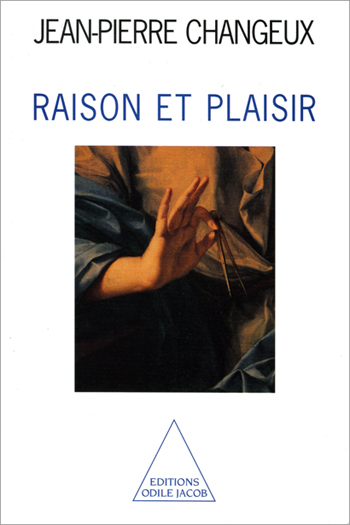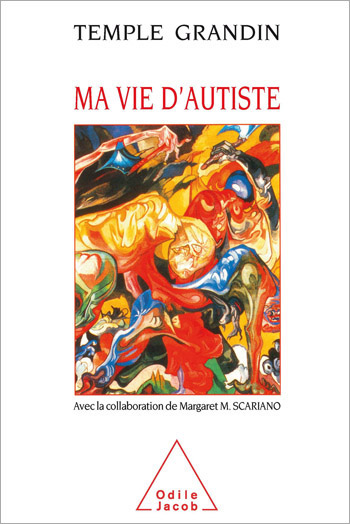Catalog All books
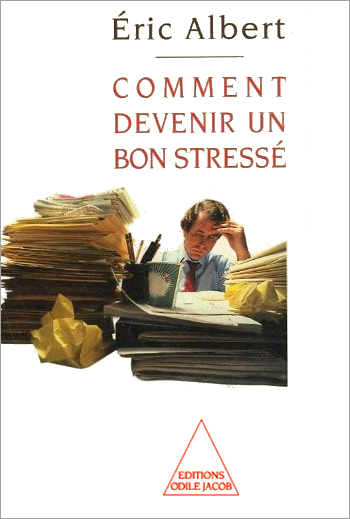
Éric Albert
How to Use Stress to Your Advantage
Stress, which is a product of our busy and agitated societies, does not necessarily occupy our private life. For many of us, stress is part of our professional life. What should we do in order to work better? How is it possible to put into place working and relational methods which favour efficiency and dynamism without exerting undue pressure? How can we avoid falling apart ? Éric Albert, a psychiatrist, explains what we know of stress today and moreover gives us facts which can help us analyze the way we work and how we can improve what can be improved.
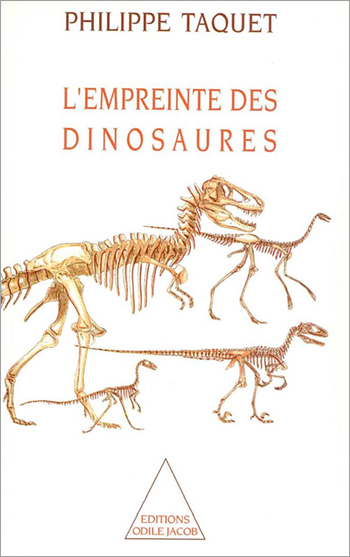
Philippe Taquet
The Imprint of Dinosaurs
"In 1964, my steps encountered the prints of dinosaurs and, ever since, my shoes have travelled extensively, from the Tenere desert to the Brazilian Sertao, from the Laos forest to the steppes of Mongolia; I was lucky to discover several dinosaurs and happy to share the life of many inhabitants of this planet, Tuaregs in Niger, Berbers from the Moroccan High-Atlas or winemakers from Corbières in France. By recounting these journeys in search of dinosaurs, I wish to draw the reader in a world that owes nothing to fiction but a lot to science." Philippe Tacquet

Jean-Didier Vincent
The Biology of Passions (New Edition)
"A fascinating book, which demonstrates that the ensemble of the brain, neurons, and synapses is literally immersed in a chemical sea. We must rid ourselves of the notion that the brain is a supercomputer." Le Figaro
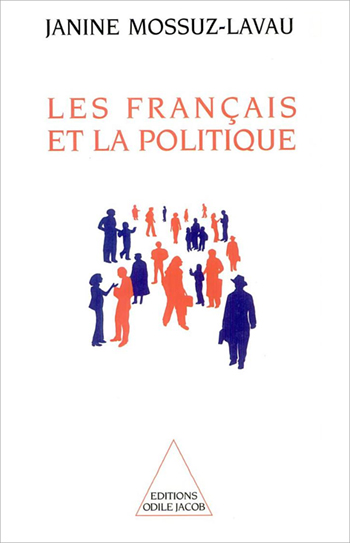
Janine Mossuz-Lavau
The French and Politics An Investigation of a Crisis
Are the French really discouraged and depoliticized? Janine Mossuz-Lavau decided to go into the field, to interview the people and give them a voice. What are they suffering from? What do they want? What do they believe in? These are the questions that she attempts to answer after having questioned men and women of all ages and social backgrounds, from all regions and personal affinities. Political analyst Janine Mossuz-Lavau is a Research Director at CNRS and the National Foundation of Political Science.
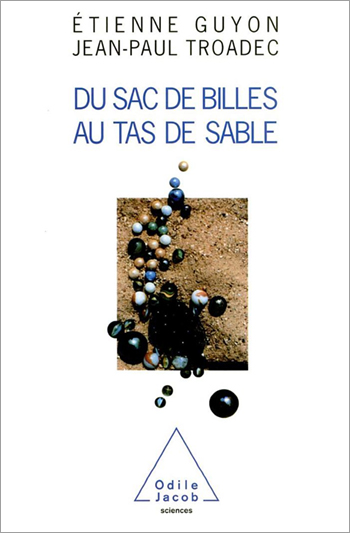
Étienne Guyon, Jean-Paul Troadec
From a Bag of Marbles to a Heap of Sand
Why don't sand dunes collapse? How does sand flow in an hourglass? How is it possible to empty a silo of all its wheat? What's a ceramic? The answer to all these questions can be found in the science of the complex organizations of matter, a science which is pluridisciplinary. Étienne Guyon, head of the École Normale Supérieure, and Jean-Paul Troadec, a researcher, present the characteristics of grain matter, the rules by which it is organized (in both crystal and fluid) as well as its movements (in silos as in avalanches).

